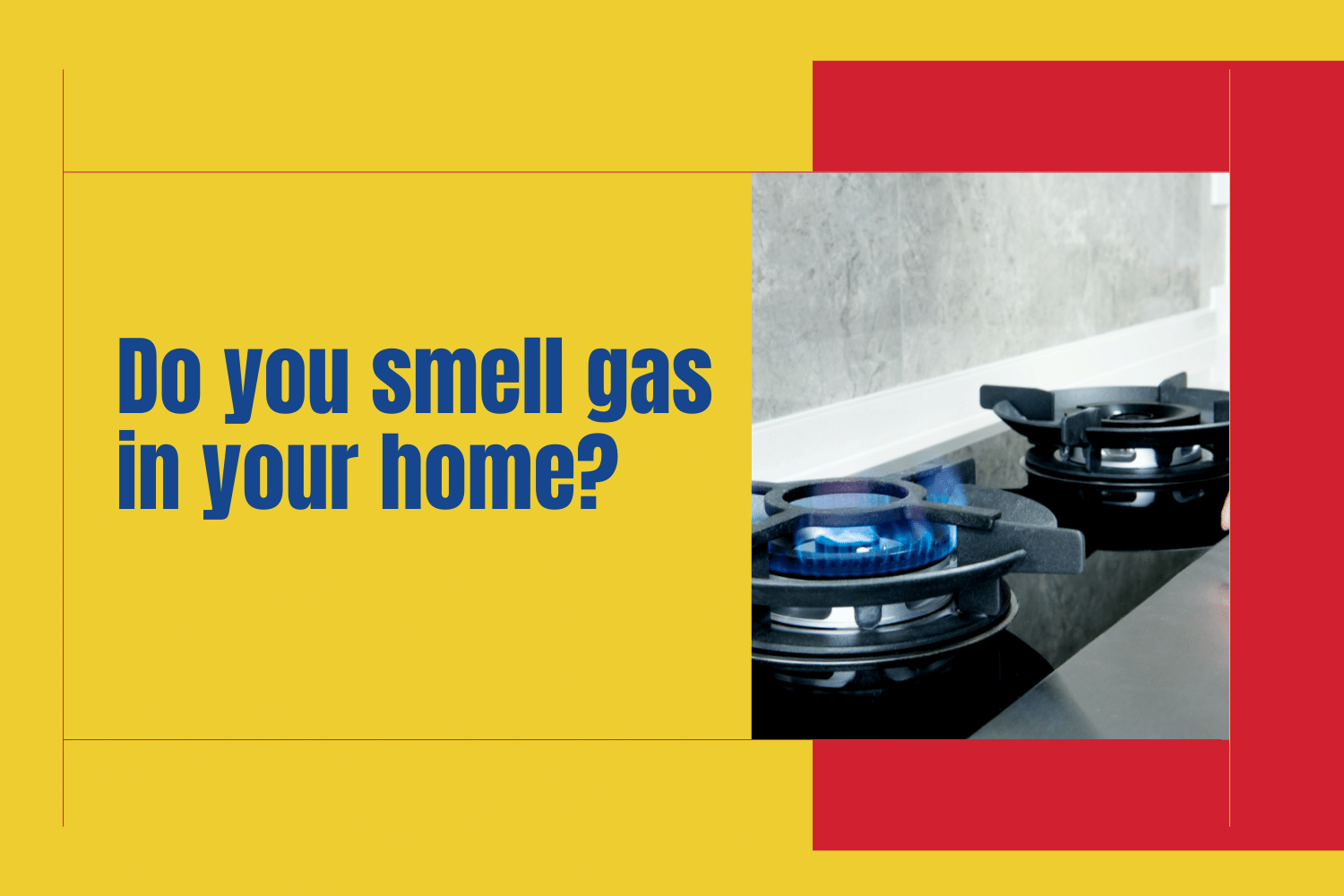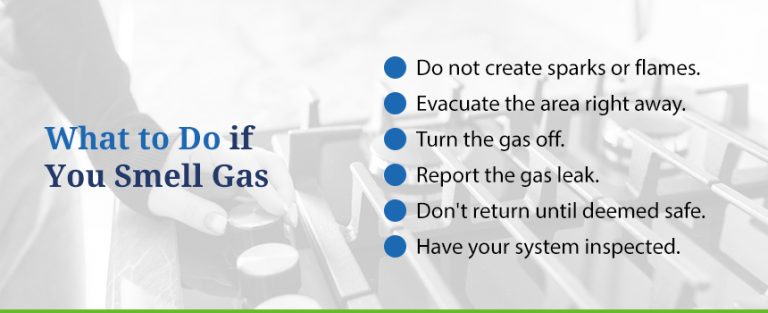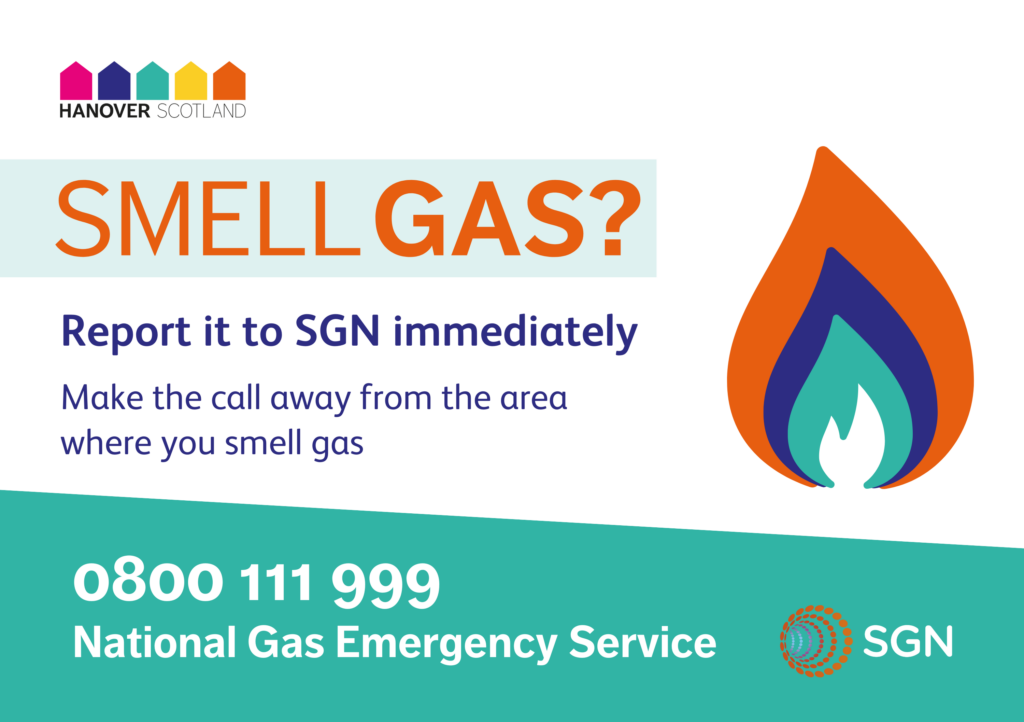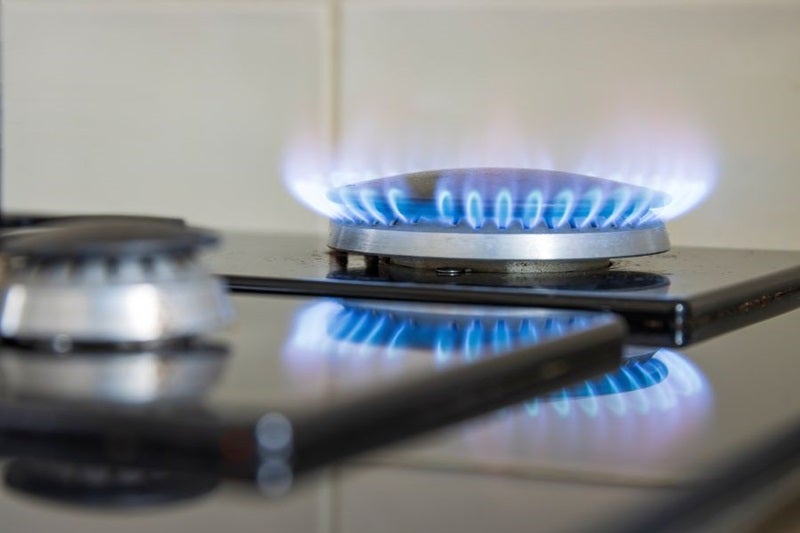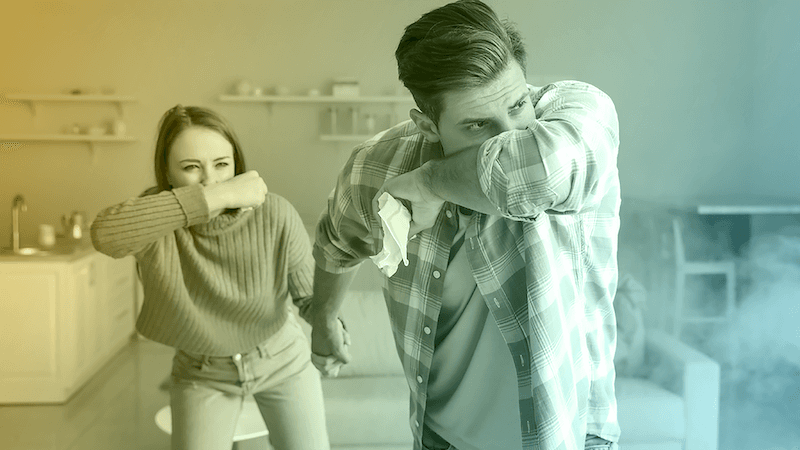What To Do If You Smell Gas In The House
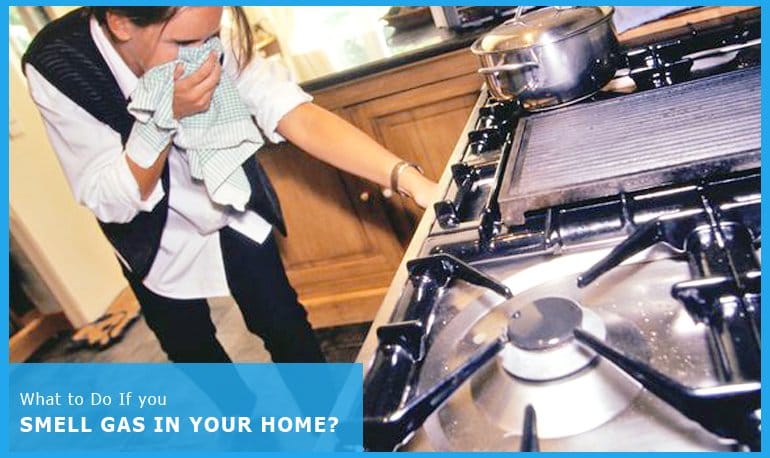
Frequently Asked Questions: What To Do If You Smell Gas In Your House
Smelling gas inside your home can be alarming. This FAQ is designed to provide you with clear, actionable steps to take if you suspect a gas leak. Your safety is the top priority.
Question 1: I smell gas. What's the first thing I should do?
The very first thing you should do is evacuate the building. Don't hesitate. Get everyone out immediately. This includes pets! Time is of the essence.
- Don't turn on or off any lights or appliances.
- Don't use your phone inside the building (including cell phones).
- Don't light any matches or use any lighters.
- Get everyone out quickly and calmly.
Question 2: I'm outside now. What next? Where should I go?
Once you're outside, move a safe distance away from the building. At least 100 feet is recommended. Ideally, go to a neighbor's house or another building that is not connected to the affected structure.
From a safe location, call your gas company or the fire department. Provide them with your address and a clear description of the situation. Let them know you suspect a gas leak.
Important: Don't go back inside until the gas company or fire department has given you the all-clear. They need to investigate the source of the leak and ensure the building is safe to re-enter.
Question 3: How do I know if it's a gas leak and not something else? What does gas smell like?
Natural gas is naturally odorless. Gas companies add a chemical called mercaptan to give it a distinctive smell, making it easier to detect. Most people describe the smell as similar to:
- Rotten eggs
- Sulfur
- Skunk
If you smell anything like that, especially if the odor is strong or persistent, treat it as a potential gas leak. Even a faint smell warrants investigation.
Other signs of a possible gas leak can include:
- A hissing or whistling sound near gas lines or appliances.
- Dead or dying vegetation in a localized area near a gas line.
- Bubbles in standing water.
- Feeling dizzy, nauseous, or experiencing headaches.
It's important to note that not everyone can smell gas. Some people have a diminished sense of smell, and the concentration of the gas may be too low to detect immediately. That's why carbon monoxide detectors are so vital.
Question 4: What could be causing the gas leak? Is it just old pipes?
Gas leaks can be caused by a variety of factors. Some common causes include:
- Corrosion: Over time, gas pipes can corrode, leading to leaks.
- Damaged pipes: Construction work, digging, or even tree roots can damage gas lines.
- Faulty appliances: Gas stoves, water heaters, furnaces, and other appliances can develop leaks.
- Loose connections: Gas lines have connections that can become loose over time.
- Earthquakes or other natural disasters: These events can damage gas lines and cause leaks.
While old pipes can contribute to leaks, even newer pipes can be damaged. Regular maintenance and inspections can help prevent gas leaks, regardless of the age of your plumbing.
Don't attempt to diagnose the cause of the leak yourself. Leave that to the professionals. Their specialized equipment and training are essential for safely identifying and repairing the problem.
Question 5: The gas company came and shut off the gas. Now what? What about my appliances?
If the gas company shut off your gas supply, they did so for your safety. Do not attempt to turn the gas back on yourself.
The gas company will need to identify and repair the source of the leak. Once the repairs are complete, they will typically perform a pressure test to ensure there are no further leaks.
After the gas company has deemed the building safe, they will relight your pilot lights for your gas appliances. Never attempt to relight pilot lights yourself. This can be extremely dangerous.
Before using any gas appliance, ensure it has been inspected by a qualified technician. This is especially important if the appliance was located near the gas leak. They can check for damage and ensure the appliance is functioning safely.
Important: Keep all appliances turned off and unplugged until you're certain it's safe to use them.
Question 6: How can I prevent gas leaks in the future? What regular maintenance is recommended?
Preventing gas leaks is crucial for the safety of your home and family. Here are some preventative measures you can take:
- Install and maintain carbon monoxide detectors: These detectors will alert you to the presence of carbon monoxide, a colorless and odorless gas that can be deadly. Test them regularly and replace batteries annually.
- Schedule regular inspections: Have a qualified gas technician inspect your gas lines and appliances at least once a year.
- Be careful when digging: Before digging in your yard, call 811 to have underground utilities marked. This will help you avoid damaging gas lines.
- Replace old gas appliances: If your gas appliances are old or showing signs of wear and tear, consider replacing them.
- Keep gas appliances clean: Regularly clean your gas appliances to prevent buildup and ensure proper ventilation.
- Pay attention to unusual smells: If you smell gas, even if it's faint, investigate immediately.
Regularly check the flexible connectors to your gas appliances. Make sure they are not kinked, cracked, or corroded. Replace them if necessary. Also, ensure proper ventilation around gas appliances to prevent carbon monoxide buildup.
Question 7: What is the difference between natural gas and propane, and do these safety tips apply to both?
Both natural gas and propane are flammable gases used for heating, cooking, and other purposes, but they have some key differences:
- Source: Natural gas is extracted from underground wells, while propane is a byproduct of natural gas processing and crude oil refining.
- Density: Natural gas is lighter than air, so it tends to dissipate upwards if a leak occurs. Propane is heavier than air, so it can accumulate in low-lying areas.
- Odorant: Both natural gas and propane are naturally odorless, but a chemical odorant (mercaptan) is added to both to make them detectable.
- Usage: Natural gas is typically supplied through underground pipelines to homes and businesses. Propane is often stored in tanks and used in rural areas or for portable appliances.
The safety tips outlined in this FAQ apply to both natural gas and propane. The fundamental principle is the same: if you smell gas, evacuate immediately and call the appropriate authorities. The specific hazards associated with each gas (e.g., propane accumulating in low-lying areas) should be considered when assessing the situation and taking precautions. For propane systems, pay special attention to the tank and its connections.
Remember: This FAQ is for informational purposes only and should not be considered a substitute for professional advice. If you suspect a gas leak, prioritize your safety and contact the gas company or fire department immediately.

